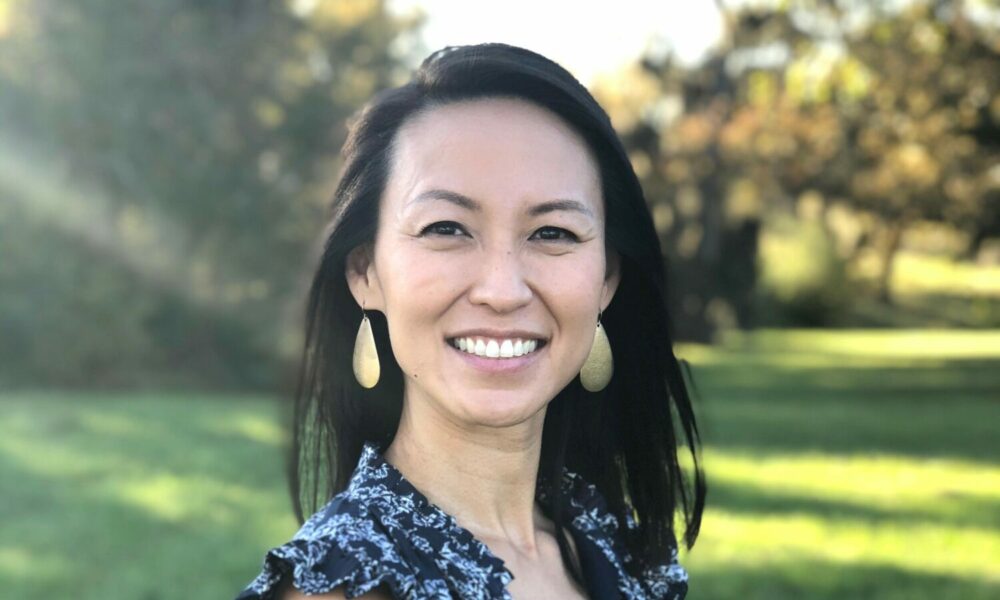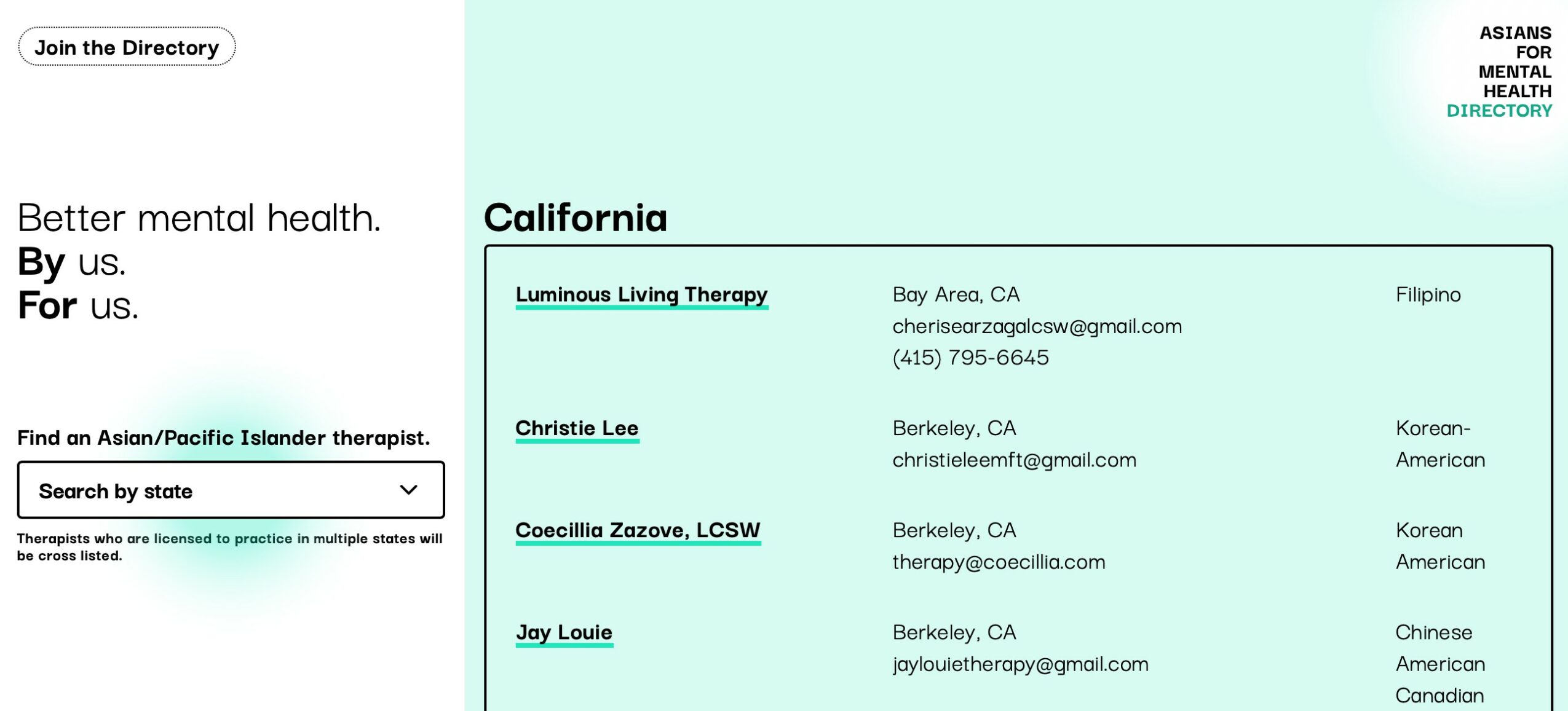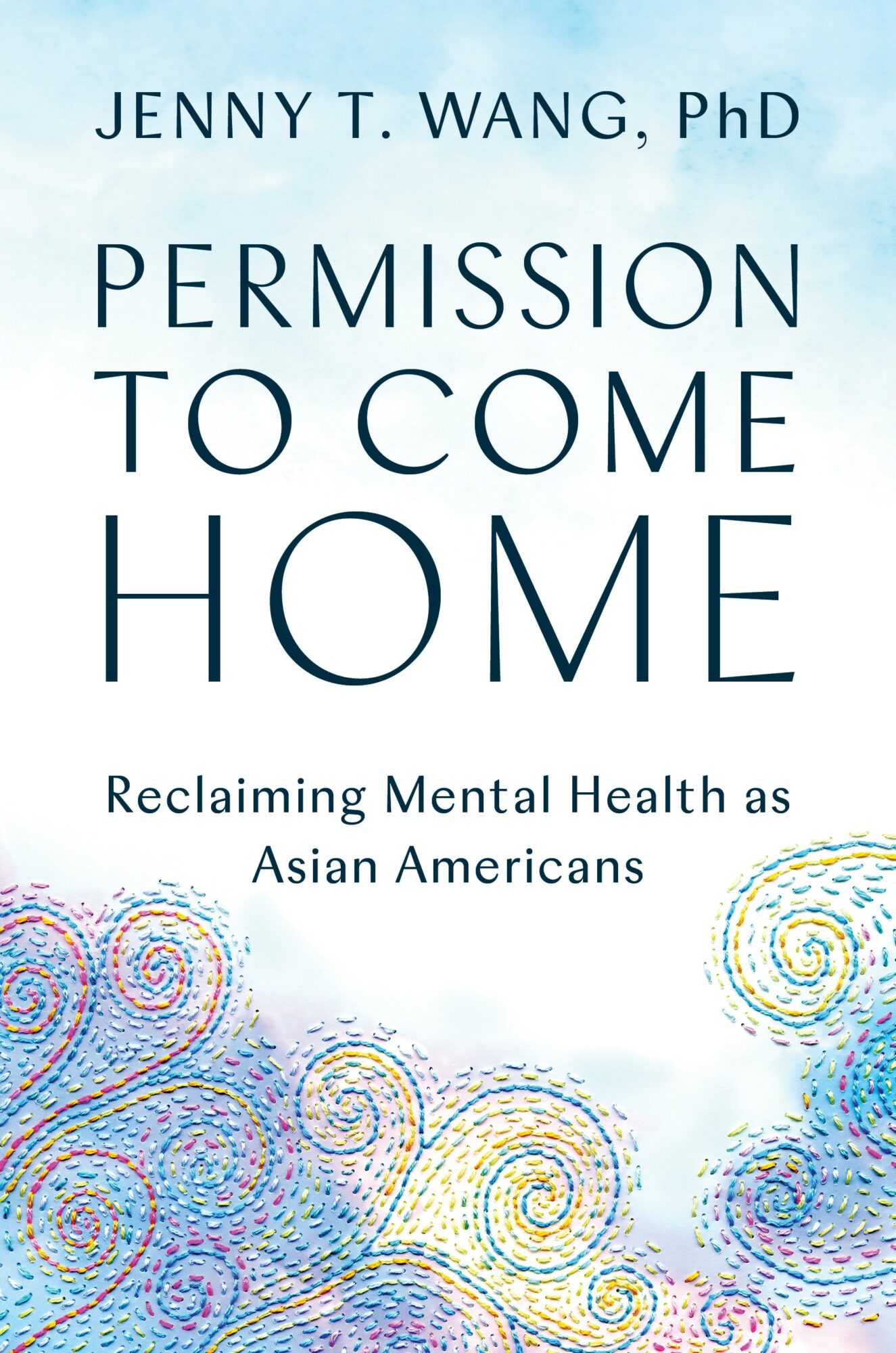

Today we’d like to introduce you to Dr. Jenny Wang.
Hi Dr. Wang, we’re thrilled to have a chance to learn your story today. So, before we get into specifics, maybe you can briefly walk us through how you got to where you are today?
I went to college to become an accountant. It was a practical and logical career path. One that my immigrant parents supported and understood. However, I was deeply uninspired and unfulfilled in my business courses, as they lacked the interpersonal depth and nuance that I gravitated towards. A friend suggested that I take a Psychology 101 course in my junior year of college and my life was forever changed. I could not believe there was a career that allowed me to be with others in such spacious and transformative ways.
I decided to pursue my PhD in Clinical Psychology because I wanted to help others, but more importantly, I wanted to serve my community. As an Asian American, my racial identity has been an integral part of my work. Asian Americans are 3 times less likely to seek mental health care as compared to their white counterparts. The stigmas of mental health within the Asian American community are so profound that many have struggled in silence for years. This is why I have spent my career working to normalize and destigmatize mental health in Asian communities. I developed one of the first Asian American therapist directories and hosted the first Asian American Pacific Islander mental health trainee scholarship. I actively work with corporations and nonprofits to help them support their Asian colleagues through the rise of anti-Asian violence and to create cultures of safety and belonging for marginalized people. Most recently, I wrote a book, Permission to Come Home: Reclaiming Mental Health as Asian Americans, which is the first of its kind. It explores themes of mental health within the lens of Asian immigrant communities. Ultimately, my hope is that others feel less alone in their mental health struggles and that one day the act of seeking help for our mental health will no longer trigger a sense of shame or embarrassment.
Would you say it’s been a smooth road, and if not what are some of the biggest challenges you’ve faced along the way?
There were many obstacles that stood in my path. First was convincing my parents that are career in mental health would not land me back living in their basement after receiving my doctorate! They had never known any psychologists and even fewer who were Asian at the time. This career path deviated from the stereotypical “doctor, lawyer, engineer” narrative that Asian Americans tropes seem to portray. However, once they realized how much I loved this field of study, they fully supported my decision to attend graduate school and take a lesser known path for Asian Americans.
In college, I recall a professor who told me flatly that I would not be accepted into doctoral programs as a non-traditional student. I was a finance major and psychology minor. It was frustrating that he lacked the imagination and understanding that non-traditional paths did not mean that success was not possible. If I had listened to him, I would not have gotten into 3 out of 5 doctoral programs and become a psychologist today. As a woman and person of culture, I have been told all my life about the spaces I could or could not enter. I have stopped listening to those voices because they similarly lacked the ability to dream and think outside of the box.
As an Asian American psychologist, I represent less than 4% of the psychologists in the entire country. This means that I was often the only Asian in the room for professional meetings, conferences, and leadership. Being the first or only one in the room has its challenges and calls for you to be courageous in ways that can trigger a lot of imposter syndrome and anxiety. However, I also found that it allowed me to develop tolerance for the discomfort of being one of the first. I am often still the only Asian American in the room, but I realize now that I alone get to decide where I belong, not others.
Alright, so let’s switch gears a bit and talk business. What should we know?
On the clinical side, I have a private psychotherapy practice here in Houston where I predominantly serve individuals of color, especially from the Asian American community. My focus of clinical practice centers on Asian American identity and how it interfaces with mental health. I specialize in intergenerational and racial trauma, common among immigrant communities, which impact how we form relationships and show up in the world. I also serve clients who struggle with depression, anxiety, life transitions as well as women’s mental health concerns such as infertility and postpartum depression.
Beyond direct clinical care, I speak for corporations throughout the year hosted by their affinity/employee resources groups or DEIB (diverse, equity, inclusion, and belonging) programs to amplify the voices and issues that are relevant to Asian Americans in the workplace. With the rise of anti-Asian violence and hate, many Asian Americans have been struggling to maintain their mental health in the midst of the pandemic and racial violence. I also help organizations as they try to improve company cultures to support marginalized people.
Finally, I am the creator of the Instagram community, @asiansformentahealth, where we explore the nuances of Asian identity and mental health with the goal of destigmatizing mental health. One of the things I am most proud of is that we developed one of the first Asian American therapist directories to help our community (www.asiansformentalhealth.com). This is to support Asian Americans in finding mental health professionals who they can identify with. My newest project is the debut of my first book, Permission to Come Home: Reclaiming Mental Health as Asian Americans, which is the first self help book to explore themes of mental health within an Asian American lens. My hope is that this book encourages our community to think about mental health beyond what is seen in the movies or major diagnoses, but to realize that mental health permeates all aspects of our lives and forms the foundation of a life well lived.
Who else deserves credit in your story?
There are so many individuals who deserve credit in my life, but the first and foremost would go to my parents. It is hard to imagine the internal and external struggles they must have had to endure by moving to the United States on their own with few resources and social support. In the earliest days, my mother describes being fearful of answer the phone because she was just learning how to speak English. Their resilience and strength are what fuel me and ground me when life’s obstacles seem too difficult to overcome. I also need to name my husband, Jason, who has been a steadfast supporter of my dreams and aspirations. His support allowed me the space to write my book and resume my other work responsibilities in addition to caring for our young children. My sister, Ellen, and her family were constant sources of comfort and encouragement. There are many friends, supporters, and teammates who journeyed alongside me these past several years and to them, I am eternally grateful. The pandemic truly revealed which relationships that could withstand time and space. Finally, a huge shout out to JoJo Luk, who helped me build the Asians for Mental Health therapist directory and supports the work that I do on a larger scale.
Contact Info:
- Email: jwang@jennywangphd.com
- Website: www.jennywangphd.com
- Instagram: https://www.instagram.com/asiansformentalhealth/
- Facebook: https://m.facebook.com/asiansformentalhealth/












